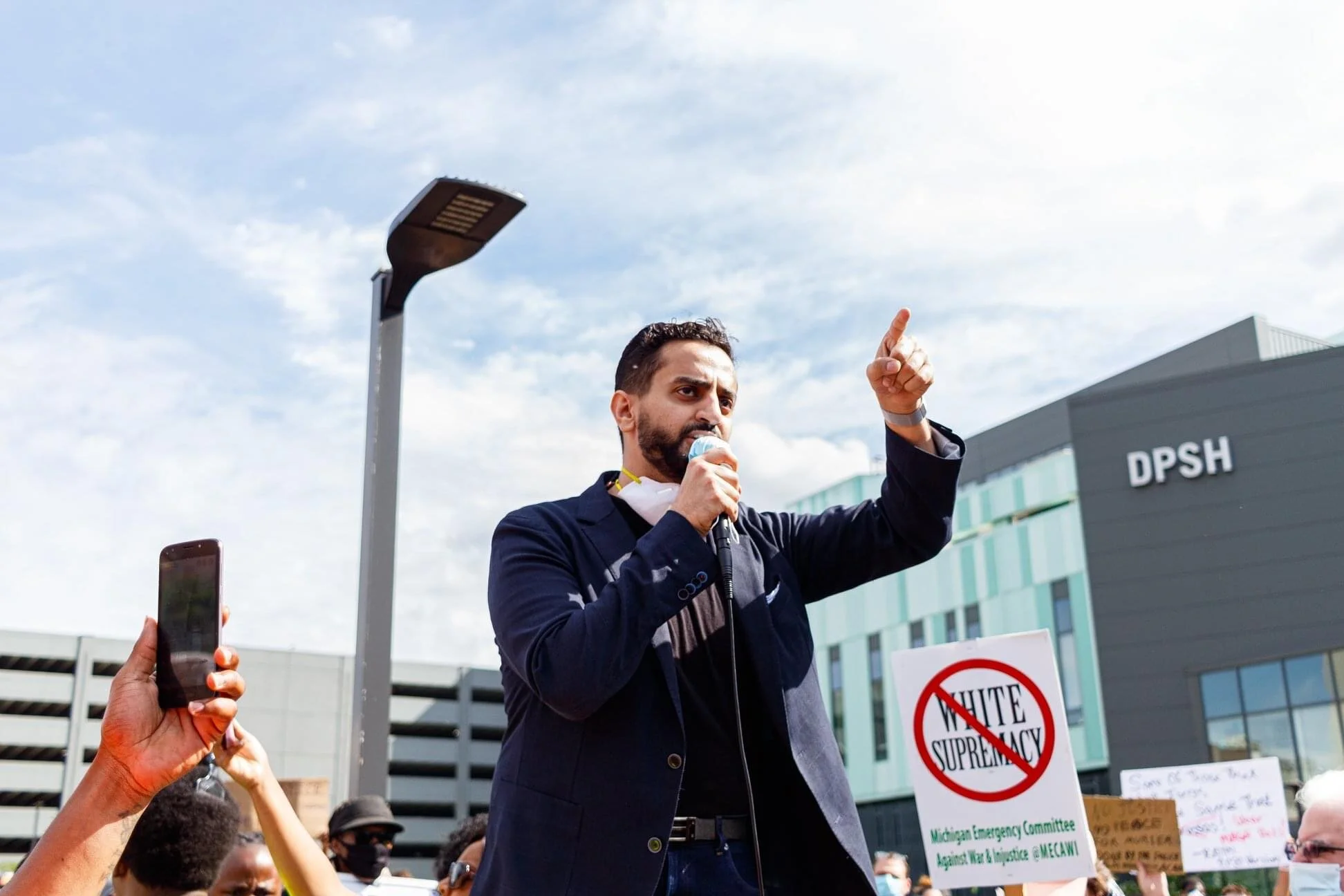Reforming our criminal Justice System and Ending police Brutality
Anti-Black Racism & Criminal Justice Reform
If the past few years have shown us anything, it’s that the criminal justice system needs to change. The current system is designed to discriminate against minorities - particularly Black and African American communities - and the disadvantaged. What’s more, it lacks the needed safeguards to protect communities from overreach by law enforcement into private lives. I support a series of policies, including those below, which would help to end discrimination through the legal system and provide communities with a voice and say in local law enforcement. I will also be a strong voice in calling out Anti-Black Racism in our state.
Proposals:
Ban Facial Recognition Technology in Law Enforcement
The Detroit Police spent $1 Million in 2017 to acquire facial recognition software. For the next year and a half, they used it without adopting guidelines to protect residents from constant monitoring, abuse and discriminatory use of that software. Studies have shown that current facial recognition technology is up to 100 times more likely to misidentify Asian and African Americans when compared to white men. Women and the elderly are also disproportionately misidentified. Not only is this software an invasion of privacy, it simply doesn’t work as intended.
I propose a ban on facial recognition software for use by state and local law enforcement in Michigan. Our state should have higher priorities than surveilling its citizens with technology proven to foster discrimination.
Eliminate Cash Bail
Simply put, cash bail punishes those without money and resources. It requires minor offenders to sit in jail for weeks on end while they wait for a trial, all because they’re poor. This system is both discriminatory and unconstitutional, impacting thousands of people in Michigan every year. It prevents those held in unable to make bail from working, caring for children, or going about their lives despite the presumption that they are innocent until proven guilty.
I would draft and introduce legislation to eliminate cash bail in Michigan on all non-violent crimes. Instead, individuals would be released on their own recognizance -- the promise to appear in court on a given date and abide by certain conditions while out of prison. Not only would this legislation reduce the wealth gap in prisons, it will also dramatically reduce the prison population altogether.
Ban the Box
Those with criminal records are far more likely to have their housing applications denied both nationally and in Michigan. At the same time, those with unstable housing tend to recidivate, while those with access to a stable residence are up to 40 percent less likely to be repeat offenders. This means that people of color, disproportionately targeted by law enforcement, are discriminated against when it comes to housing.
We need to create a system where the existence of a criminal record does not prevent an individual from finding a place to live. I propose that we “ban the box” and prohibit landlords from asking about prior criminal convictions when reviewing housing applications. Landlords would be permitted to deny repeat offenders convicted of violent crimes; however, those who continue to discriminate against non-violent offenders seeking housing would be subject to fines. These fines would continue on a per-instance basis until the landlord is in compliance with the policy.
Streamlining and Simplifying Expungement
In 2019, Rep. Isaac Robinson introduced HB 5120. The bill was designed to streamline the expungement process for individuals with misdemeanor and low-level felony convictions. It offers a fresh start to the 235,000 Michiganders with marijuana related convictions. Instead of facing steep legal fees and requiring the assistance of a lawyer to expunge a conviction, the process would consist of a simple application. By streamlining this process and making it more accessible to all, regardless of means, HB 5120 would help to reintegrate minor offenders into society.
I believe in continuing the great work championed by Isaac Robinson and HB 5120 is a great place to start. By fighting for expungement, we fight against discriminatory laws that disproportionately impact people of color. For years law enforcement has targeted Black and brown Americans with drug charges. Once convicted, these individuals struggle to find work or even housing. By passing HB 5120, we can work to ensure these discriminatory criminal convictions do not follow individuals indefinitely.
Mandate the Creation of Community Advisory Boards
The disconnect between community members and those sworn to protect them is increasingly evident. While one way of reducing this gap is to hire police officers from within their communities, another is to require law enforcement officials to listen to the concerns and complaints of community members. Community Advisory Boards are a good way to accomplish this goal. These Boards are composed of diverse groups of community members who regularly meet with law enforcement leaders to discuss concerns and give advice on how police can best serve local citizens.
While the adoption of Community Review Boards by law enforcement agencies has long been voluntary, I support legislation that would mandate Review Board input across Michigan. Law enforcement would be required to regularly meet with Board members, providing updates on policy changes and setting aside time to listen to grievances.
Require the Creation of “Brady Lists” by Prosecutors and Law Enforcement Agencies
When critical criminal investigations are ongoing, some police officers simply should not be relied upon to provide accurate, unbiased, and nondiscriminatory testimony. With this in mind, many prosecutors assemble what are known as “Brady Lists.” These Lists gather information from past experience and verified data on which police officers are guilty of frequent misconduct or have lied during investigations. By using Brady Lists, prosecutors can share knowledge with their peers and avoid relying on bad officers.
I propose legislation mandating a statewide Brady List designed to track officer misconduct throughout Michigan. By using this list, prosecutors offices and law enforcement agencies will be better equipped to recognize dangerous and untrustworthy police officers, keeping them from damaging investigations and even potentially removing them from the streets. Officers with frequent patterns of violence and misconduct could then be blacklisted by law enforcement agencies. This would prevent bad actors from simply transferring to other departments within Michigan when terminated or punished for misconduct.
Repeal Truth in Sentencing Laws
Under Michigan’s current Truth in Sentencing (TIS) law, inmates convicted of felonies are required to serve the entirety of their sentence, regardless of good behavior. In the era of COVID-19, where prisons are releasing some individuals due to public health concerns, officials have no choice but to keep felony prisoners locked up - this must change. As of May 10, 50 Michigan prisoners had died as a result of COVID-19, ranking highest in the nation for COVID-19 prisoner deaths.
I propose legislation that would repeal Truth in Sentencing laws. Not only do these laws threaten the health of those held within our prison system, they also keep individuals from reducing their sentences through positive behavior and time served.
Prison Reform
In 2017-18, the state of Michigan spent $1.95 billion on the Department of Corrections. That’s roughly 19 percent of Michigan’s general fund. That $1.95 billion went towards paying for the 38,000 prisoners currently held by MDOC. On top of all that, Michigan prisons now have the worst rate of death from COVID-19 out of any state, with more Michigan prisoners dying from the disease than in the entire federal prison system. We need to dramatically reduce both spending on prisons and the level of incarceration as a whole.
I propose a series of reforms designed to better our prison system, reduce spending on incarceration and ensure that fewer people are locked up unnecessarily. First, I would introduce legislation that bans the solitary confinement of juveniles and those with histories of mental illness within our prisons. Second, I would lobby the Governor and Attorney General to commute the sentences of all juveniles with life sentences. Instead of the 60-year life sentences currently permitted by the Michigan Criminal Code, I would push to reduce that number to a maximum sentence of 25 years. Finally, I would support HB 4962, which would ban private for-profit prisons within Michigan. Our state should take care of its inmates, instead of relying on a model that rewards the lowest bidder.
Police Brutality And Violence
Police brutality is an epidemic that threatens to tear apart our country. That much is clear from the deaths of George Floyd, Breonna Taylor, Ahmaud Arbery and countless others at the hands of overzealous members of the law enforcement community. We’ve seen it in Michigan all too often. On May 26th, Sha’Teina Grady El was beaten by law enforcement in Ypsilanti for simply filming police in public. Things need to change and I plan to change them when elected to represent the people of the 4th District. Below you’ll see some of the principal policies I’ll be supporting when I arrive in Lansing:
Proposals:
Pass Legislation Requiring Bias, Anti-Racism, and De-escalation Training for Law Enforcement
I would support companion legislation to SB 945, which would require that all incoming police officers in Michigan receive training on implicit bias and the de-escalation of violent encounters. The murders of George Floyd and Breonna Taylor have clearly shown that law enforcement lack these fundamental skills.
My legislation would also include regular mental health screening for applicants and current officers. The killer-cop Derek Chauvin had at least 17 complaints on his record prior to the murder of George Floyd. Screening officers at regular intervals for instability and violent tendencies will help to prevent future deaths at the hands of people like Chauvin.
Adopt The Michigan Peace Act
In 2019, 1014 people were shot and killed by police officers. Of that number, POC were dramatically overrepresented. The same year, a group of congressional leaders introduced the Police Exercising Absolute Care With Everyone Act (Peace Act). If adopted, the Act would prevent “federal law enforcement from using deadly force unless necessary — as a last resort — to prevent imminent death or serious bodily injury, and reasonable alternatives have been exhausted.” This proposal, endorsed by Amnesty International, would go further than any state law toward reducing police violence.
I propose introducing the same legislation in Michigan. Law enforcement officers are given an enormous amount of power and must be held accountable where that power is abused. Adoption of the Michigan Peace Act would set the bar higher for police officers, ensuring that the use of force, deadly or otherwise, is never the first option.
Independently Investigate Each Case Where Police Kill or Seriously Injure a Civilian
Internal investigations are one of the main reasons police officers aren’t held accountable for misconduct. Expecting an officer’s coworkers and friends to reach an impartial decision in a misconduct investigation is unrealistic and irresponsible.
I would support legislation ensuring that each instance of death or serious harm caused by a police officer is investigated by an independent, objective and outside entity. These investigations would be public and the results would be shared with local communities, ensuring transparency and accountability.
Establish a Statewide Special Prosecutor for Cases of Police Misconduct Involving Death or Serious Harm
In addition to independent investigations of local police misconduct, the state can and should do more to “police the police.” By establishing a Special Prosecutor’s office at the statewide level, we can prevent local law enforcement from colluding to protect bad actors and violent officers. This office would be funded by the state and would have the power and resources to independently investigate misconduct by local and state police officers where death or serious harm to a civilian results from officer action.
I would propose legislation creating this Special Prosecutor’s Office. This legislation would also require that the newly created Office take guidance from local and community groups when selecting a Chief Prosecutor.

